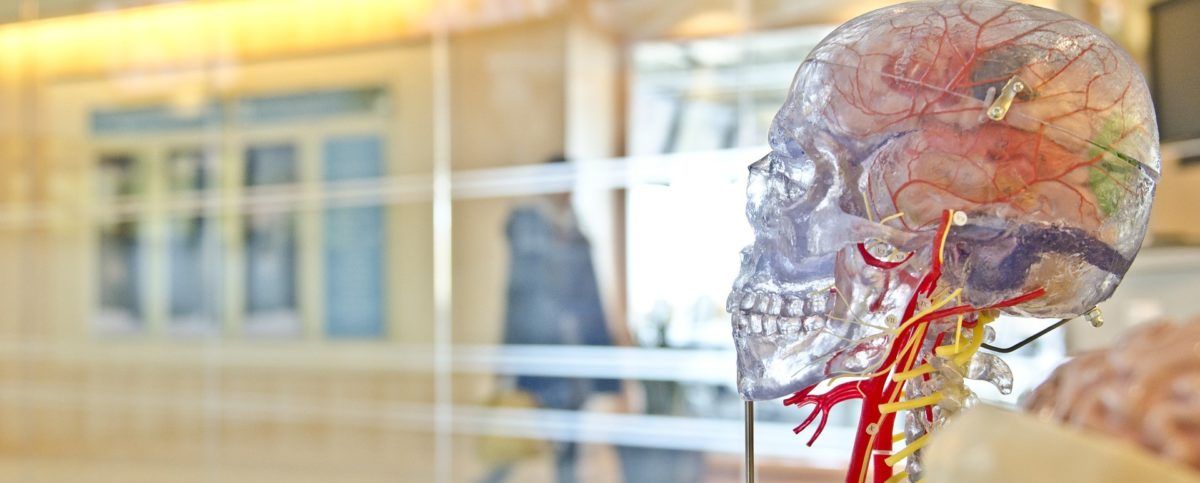New partnership with ABHI places Birmingham at the forefront of healthtech innovation
A new strategic partnership with the Association of British HealthTech Industries (ABHI) will see Birmingham Health Partners (BHP) work collaboratively to unlock innovation, accelerate research translation, and improve health outcomes across one of the UK’s most diverse regions.
ABHI is the UK’s leading industry association for health technology (HealthTech), supporting its members – including both multinationals and small and medium sized enterprises (SMEs) – to save and enhance lives through developing products from syringes and wound dressings to surgical robots, diagnostics and digitally enhanced technologies.
This new Memorandum of Understanding (MoU) between ABHI and BHP reflects a shared ambition to better connect the HealthTech industry with the academic and clinical excellence embedded across Birmingham and the wider region. The partnership will provide a more coordinated route for HealthTech companies to access world-leading expertise, infrastructure and patient insight, enabling technologies to be developed and evaluated with relevance to real-world settings.

The agreement signposts BHP as the “front door” to the region – a clear entry point for HealthTech and life sciences companies looking to collaborate across the city’s extensive ecosystem which boasts globally ranked academic institutions and attracts significant health and life sciences research funding.
Importantly, Birmingham’s population provides a powerful testbed for innovation. As one of the youngest and most ethnically diverse cities in Europe, with a stable and rooted population, it offers the opportunity to generate insights and outcomes that are both locally relevant and globally applicable – presenting a unique opportunity to develop and scale interventions that reduce health inequalities and improve access for underserved groups.
Women’s health and mental health have been highlighted as critical areas of focus, with both ABHI and BHP committed to closing gender health gaps through innovative approaches and technology-enabled, whole-person models of care – as well as helping to reimagine mental health care, deliver earlier interventions, and support more equitable outcomes.
The partnership will measure success against three overarching priorities:
- Demonstrating measurable improvements in clinical outcomes.
- Ensuring that technologies are scalable and relevant to population health, not just individual conditions.
- Addressing inequalities in access and experience of care, in support of a fairer, more resilient health system.
This collaboration builds on recent findings from the Health Innovation Network’s Size of the Prize analysis, which highlights the £278 billion economic potential that healthcare innovations could unlock if adopted at scale. It reflects ABHI’s strategic commitment to nurturing regional partnerships that not only drive economic growth, but also deliver tangible improvements in people’s lives.
Main image caption – Executive Director of Birmingham Health Partners, Professor Neil Hanley, and ABHI Chief Executive, Peter Ellingworth, sign the MoU agreement





